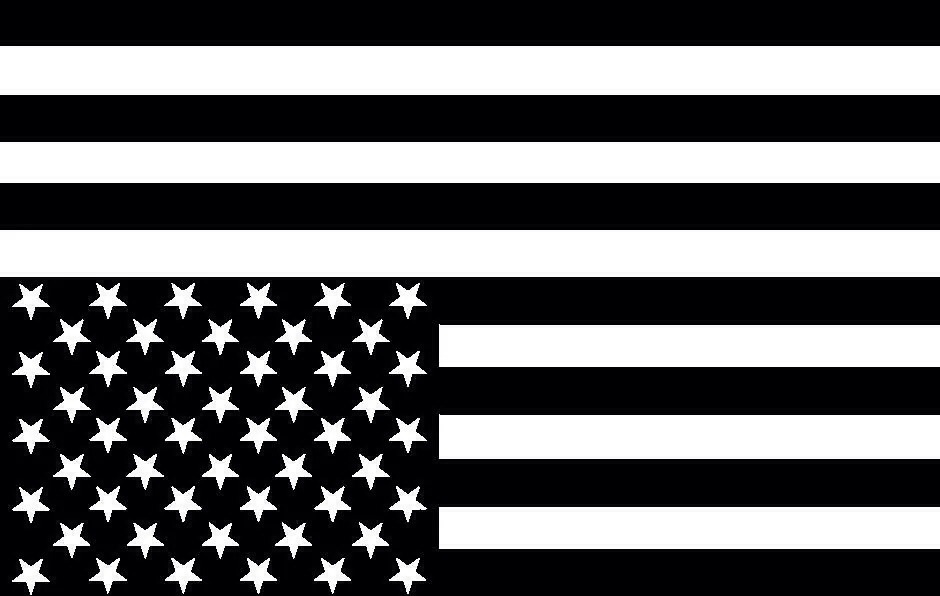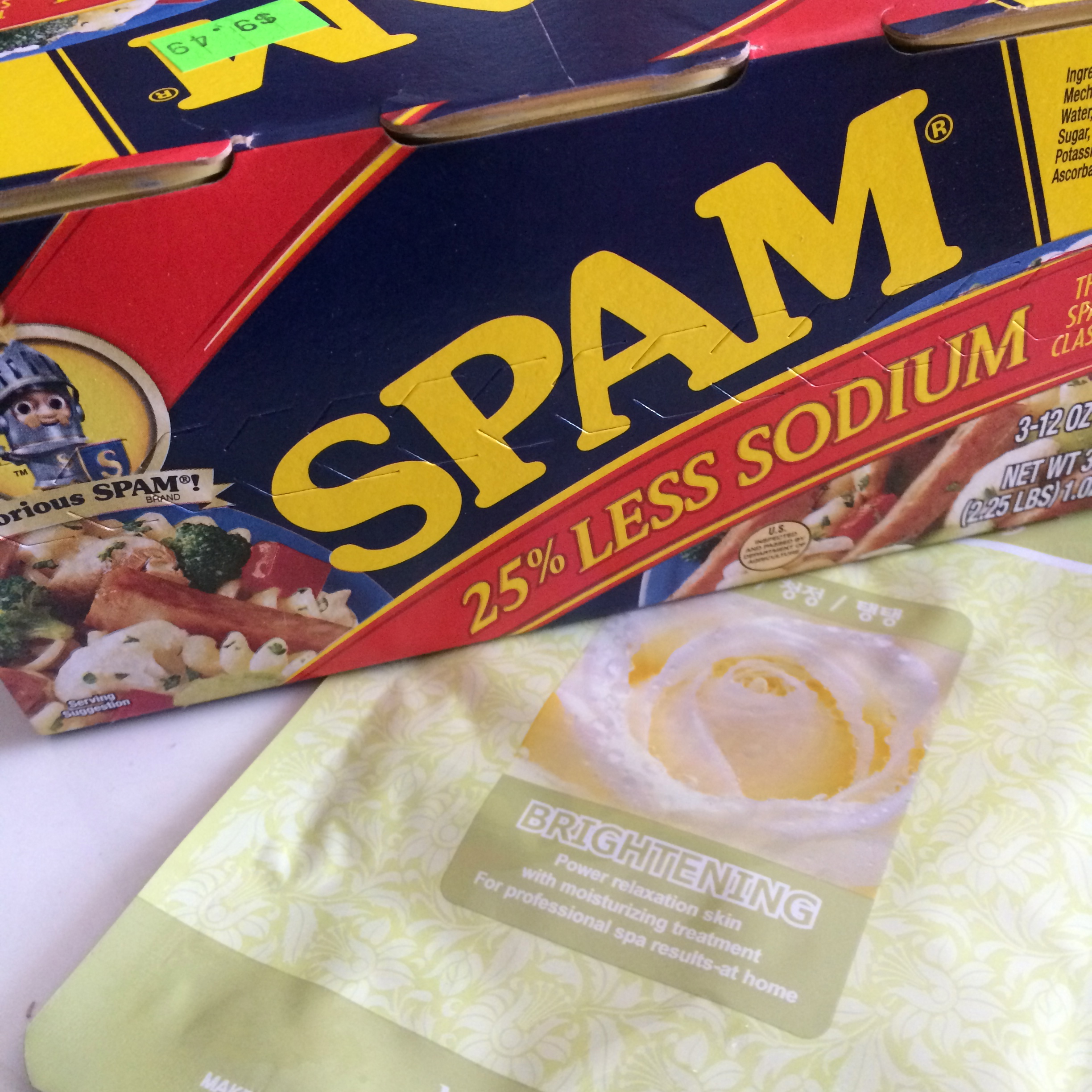Nine years ago today, on New Year’s Day, my mother-in-law died.
I think it was my father-in-law, in a moment of morbid and loving levity, joked that she had waited until the morning of the New Year so we would never forget the day she died. We would start out every year thinking of her.
He was right.
She had been under hospice care for more than a week at a hospital two minutes away from our home. The rare kidney cancer, held at bay through surgery for several months, had spread. Chemo and radiation were not an option because those treatments would do nothing. Months on a trial drug seemed to stall things for a bit, but my mother-in-law was convinced she would be cured of the cancer though tests continued to prove otherwise. She bought mangosteen juice. She tweaked her diet. She prayed, and she sought the prayers of others. She would not die yet.
We know this because months after her death my father-in-law and I were able to read through some of her final thoughts written in various composition notebooks. We could tell by her handwriting when she was having good days and when she was having bad days.
We could also tell that while she held onto hope of health and life, she had her share of regrets, a few fears of the future, and held onto a bitter and broken relationship.
Our bitter and broken relationship.
My mother-in-law was a strong, opinionated, driven woman. She could move mountains if necessary and she was fiercely loyal to her family. She was creative, funny, and some of her friends warned me when Peter and I got engaged that my future mother-in-law was feared and fierce. At a family function she asked me if my parents were going to allow me to marry her son.
“Of course,” I replied in formal Korean.
“Too bad,” she responded.
I was not yet the woman I am now. I was 22 years old and speechless. I was offended and afraid. I was disappointed and angry. And instead of forgiving her I let those words set a tone for our relationship and sink deeply into my heart. We did not like each other, but we both loved her son. I had so much in common with her, but chose the bitter thing. We were stuck.
For better or for worse.
For richer or for poorer.
In sickness and in health.
Till death do us part.
I let her words sink too deeply and allowed disappointments and anger to chip at my sometimes fragile relationship with my husband his family. It has been almost nine years since we buried her. There are many things I have said many times are in the past, but when newer friends asked me and Peter to recount our wedding and family traditions I knew that the past was still very present in unhealthy, unhelpful ways.
How does one ask the forgiveness of someone and forgive someone who was buried nine years ago?
The start of a new year always begs for fresh starts and new beginnings. May this be the year of journeying into forgiveness and reconciliation.

